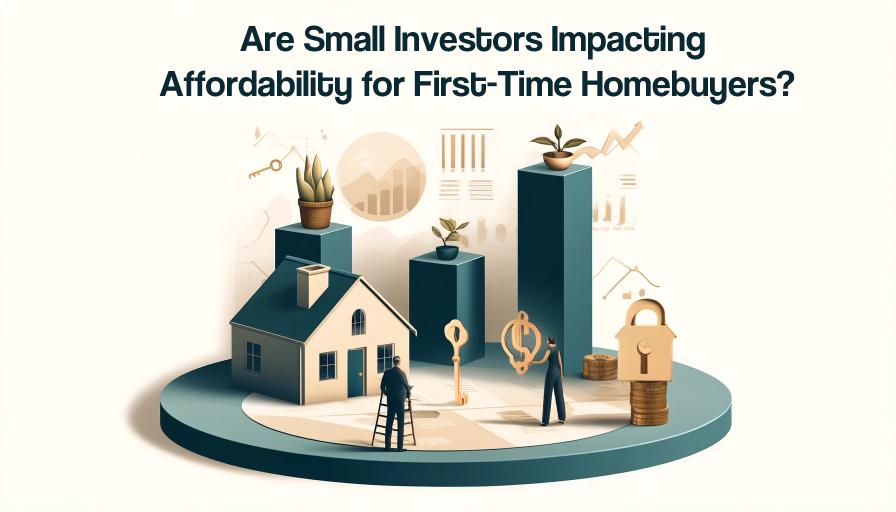
In the realm of new condo constructions reaching unprecedented heights, the journey for first-time homebuyers seems fraught with challenges. Experts point out that these buyers are increasingly vying against affluent investors who are snapping up properties for their second or third homes, exacerbating the competition and reshaping the real estate landscape.
The Investor Influence
John Pasalis, a seasoned Realtor, highlights a noticeable trend: the investor segment, predominantly comprising individual or “mom-and-pop” investors, is expanding more robustly than other buyer categories. This shift is diminishing the market share for first-time purchasers and propelling property prices upwards, contributing to broader socioeconomic disparities.
Robert Kavcic, a senior economist, echoes this sentiment, noting a significant chunk of the market—up to a third in certain areas—is dominated by investors. This surge not only intensifies competition but also skews the market dynamics, impacting those seeking a home rather than an investment.
Investor Impact on Rental and Housing Markets
The TD Bank’s findings reveal that investors constituted about 30% of the Canadian housing market purchases last year. This trend, according to Pasalis, detracts from the pool of properties available for owner-occupation, inadvertently inflating home prices and wealth inequality. Meanwhile, Kavcic observes a dip in purpose-built rental investments, with individual investors inadvertently filling this gap by converting newly acquired condos into rental units.
The Shift in Investor Demographics
The landscape is evolving, with corporate and institutional investors claiming a larger slice of the market. Their growing presence, as Pasalis suggests, is troubling, particularly when it transforms housing into a mere financial instrument, escalating affordability issues.
What does this mean for you?
- Investors are Buying Lots of Homes: Investors, often called “mom-and-pop” investors, are regular people who buy homes to make money in the future. They are buying more and more homes in Toronto, which means there are fewer homes available for people who just want a place to live.
- First-Time Buyers are Finding it Hard: Because these investors are buying so many homes, people trying to buy a home for the first time find it very hard. They have to compete with investors who have more money to spend.
- Investors Changing Rental Market: Some investors buy condos and then rent them out. This can be good because it provides homes for people to rent. But when too many investors do this, it can make rents go up, making it expensive for people to rent homes in Toronto.
Why It Matters?
- For Homebuyers: If you’re trying to buy a home in Toronto, you’re competing with investors. This can make it harder to find a home you can afford.
- For Sellers: If you’re selling a home, you might think having more investors is good because they might pay more for your home. But it also means regular families might find it harder to buy homes.
- For Investors: If you’re an investor, you might find it a good time to buy homes. But remember, if too many investors buy homes, it might make it harder for everyone else to buy or rent homes, and this could lead to changes in rules that might make investing not as profitable.
What Can Be Done?
To alleviate these pressures, experts like Pasalis propose regulatory interventions to dampen investor enthusiasm, thereby preserving more homes for actual residents. This could involve tightening mortgage qualification criteria for investors, adjusting taxation policies, and revising property income deductibilities. Kavcic supports nuanced strategies to curb speculative activities, suggesting that differentiated impacts of interest rate adjustments could preferentially deter investors over genuine homebuyers, thus preserving the market’s integrity for those in genuine need of housing.
The Path Forward
Ultimately, the discourse pivots towards a fundamental question: should housing primarily serve as a basic right or a high-stakes investment? The answer, as Pasalis and Kavcic contend, will significantly influence future policy directions, ensuring that the market remains accessible and equitable for all, especially for those venturing into homeownership for the first time.
Free Buyer Consultation
Equip yourself with the knowledge to navigate the complexities of the 2024 real estate landscape confidently.



